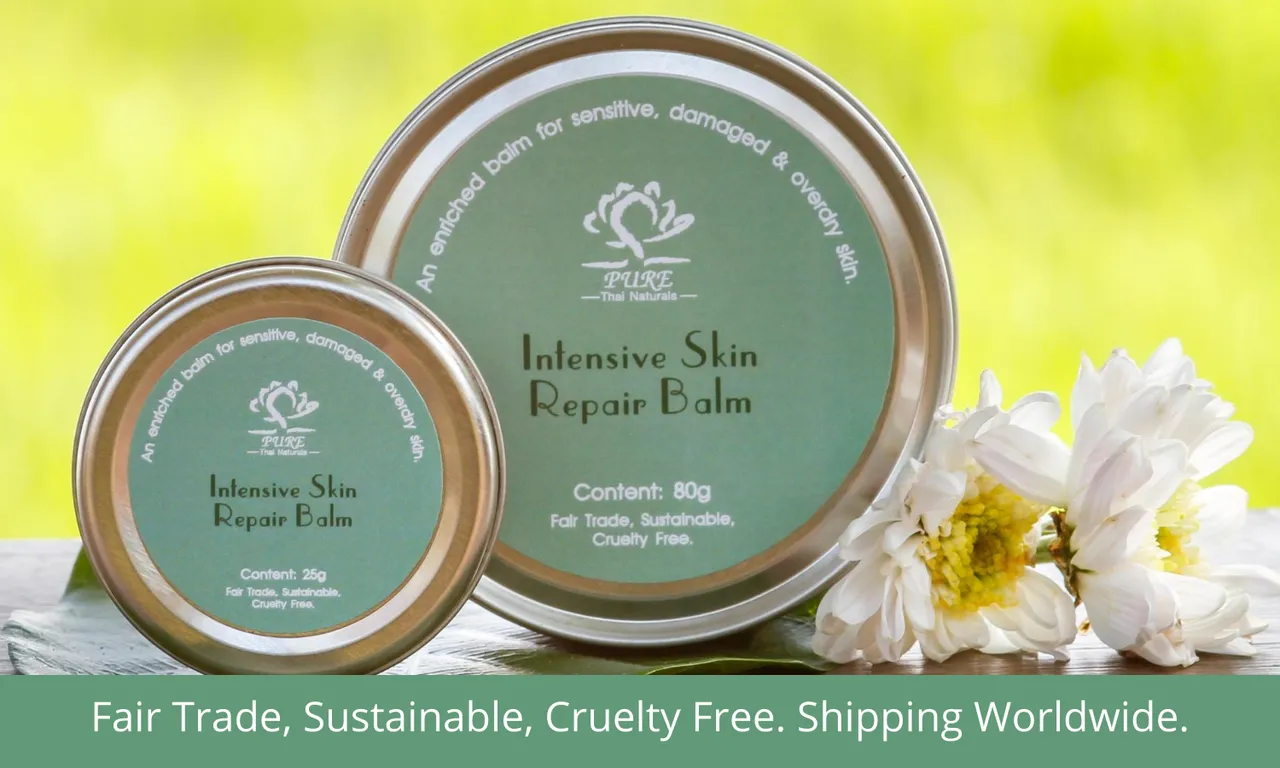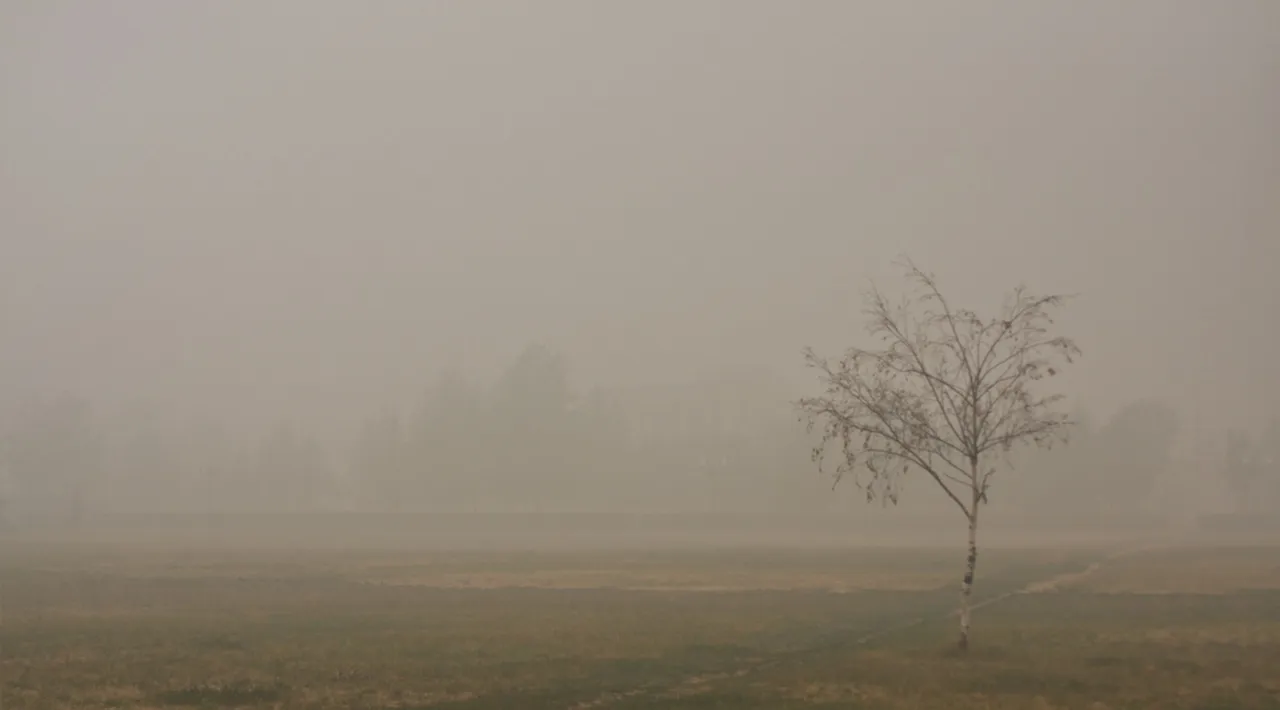Sugar is absurdly cheap. Stupidly so, given the phenomenal environmental damage commercial sugar production causes. In the last years, sugar production in Thailand has more than doubled so that the more developed world can have more of this:
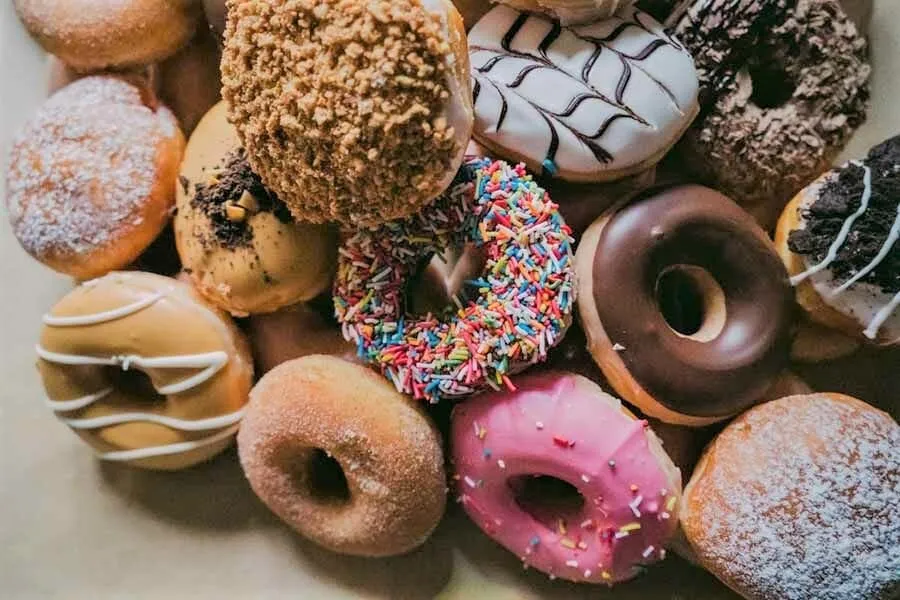 Source: Thai Doctor Warns of Link Between High Sugar Consumption & Liver Cancer
Source: Thai Doctor Warns of Link Between High Sugar Consumption & Liver Cancer
Thailand is now the 4th largest sugar producer in the world. Ranking of sugar producing countries. Thailand's sugar export has more than doubled since 2009, from 4.9 million metric tonnes to over 11.5 million metric tonnes in 2018. And who BUYS most of the worlds sugar? The top 15 countries for sugar import in 2019 were:
United States: US$1.7 billion (8.1% of total imported sugar)
China: $1.1 billion (5.5%)
Indonesia: $1 billion (4.9%)
Italy: $728.7 million (3.6%)
Algeria: $646.1 million (3.2%)
Bangladesh: $641.6 million (3.1%)
Malaysia: $629.9 million (3.1%)
South Korea: $629.7 million (3.1%)
Spain: $569.1 million (2.8%)
Sudan: $468.1 million (2.3%)
Nigeria: $463.4 million (2.3%)
Saudi Arabia: $425.4 million (2.1%)
Japan: $424.3 million (2.1%)
Canada: $413 million (2%)
Morocco: $411.6 million (2%) Source
Those Dunkin' Donuts cost HOW MUCH? Right. Stupid cheap. Not only because of the high volume of cheap sugar used, but because of the equally high volume of palm oil used in the production of cheap super-market level bakery goods.
Both sugar and palm oil production in Thailand and Indonesia involve BURNING. Because not only is it the fastest and cheapest way to clear land ready for new season planting, but because the heat generated kills molds and viruses which attack crops in humid tropical countries.
Annual crop burning starts in the the monsoonal dry season - in January-February, March. Geography defines where that smoke ends up, and which population ends up bearing the true cost of the burning seasons which are part of the production cycle for most of the world's sugar, palm oil, corn and rice.
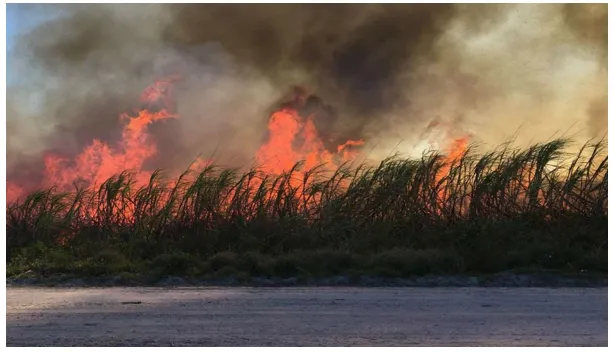
Global monsoonal wind patterns and atmospheric heat mean than a GREAT DEAL of the smoke generated for a donut bought cheaply in Michigan or Seattle ends up where I live: Chiang Mai, Thailand. The smoke from palm oil burning in Indonesia travels north, as does the smoke from central plains Thai sugar. The Northern mountains and the no-wind dry season monsoonal months of February-March subject us to this:
It lasts 6-8-10 weeks until the monsoonal weather pattern shifts and the air quality is vile. 2.5PM levels range from 150 to (and it has happened often) over 500+. Respiratory complaints escalate and many people become sick. Wealthier people huddle in airconditioned houses with air purifiers. In non-Covid years, many expats use this time to escape Chiang Mai to travel back to their country of origin. Wealthy Thai and expat people tend to head to the beach for a few months. We've never had the luxury of just dropping school and work commitments for the whole burning season, but in years past we've always managed some beach time in Vietnam or on one of the Thai islands. Where we can breathe in salty sea breezes and relatively clean air.
This year, with Covid travel restrictions and many people having limited incomes, a large number of people are stuck in Chiang Mai breathing in the environmental consequences of the cheap bakery goods of the world. Of course, the farmers themselves and the poorer working class families have always had to do this.
Thailand introduced a sugar tax in 2018 and the cost of sweet drinks rose by up tp 50% - proportionate to their sugar content. Although well intended and somewhat effective, over time it has simply increased the number of drinks etc now manufactured using toxic synthetic sweeteners instead of actual sugar.
The bottom lines though seems to me that ALL products need to start carrying an environmental tax. It would change the world and both manufacturing and consumption patterns overnight. If that $1 donut suddenly cost $9, or the hamburger bun in McDonalds increased in price by 900%? I think we'd see rapid consumer behavioral change.
Probably we'd see massive social rebellion in the so-called developed countries first, as people start to realize the true cost of so-called cheap items. And realize that this world we have created is not sustainable.
If you enjoy a donut or commercially produced cookie with your coffee somewhere in the world today, consider this:
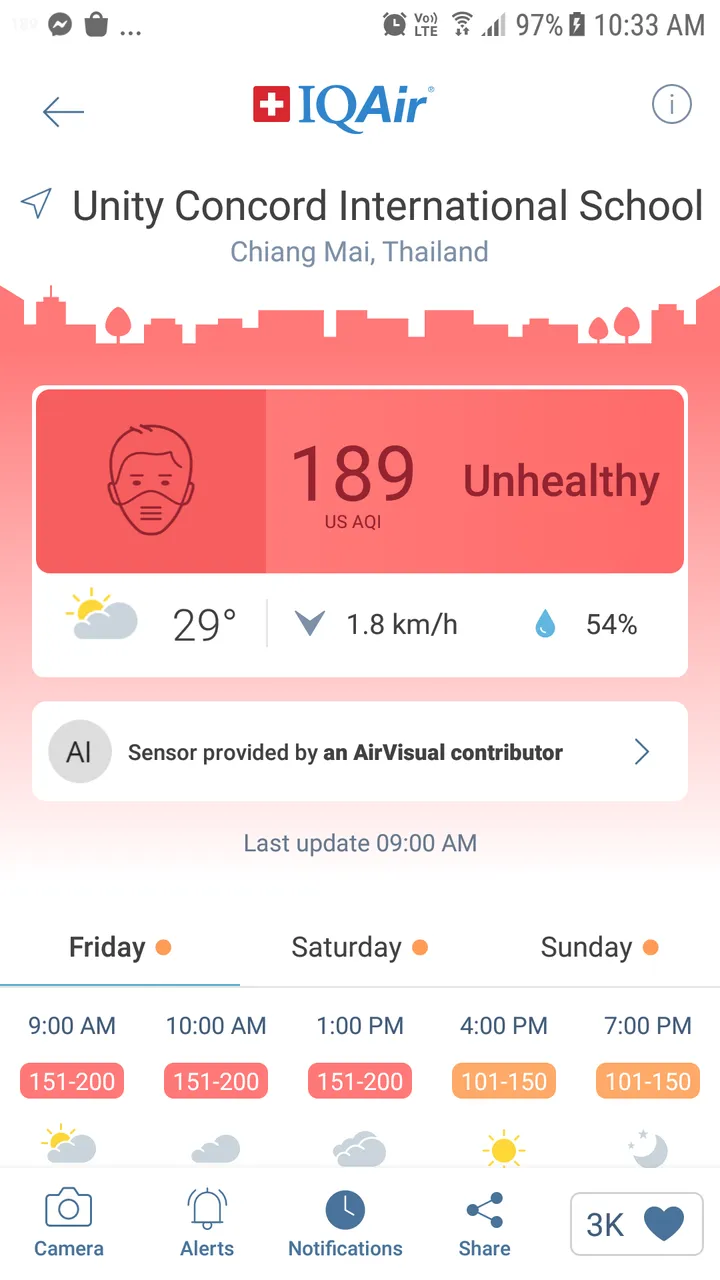
Surely introducing No-Burn sugar production, like Australia did, improves things?
Actually no - it has made it worse. For some people. Little brown people that they don't have to look at or think about. In 2019, Australia AGAIN increased it's IMPORTED sugar volume by 4.1%. Source. NIMBY (Not In My Back Yard) is alive and well.
As I sit here on a stifling, hot (39C - 102F ish) smoky Friday morning in Chiang Mai (yes, that 189 AQI reading is a right-now local phenomena) I'm really coming to understand that we only change the world and save our environment by (1) really understanding the production cycles, processes and costs for ALL goods, and (2) tax the hell out of goods which destroy our environment, to deter and change consumer behavior immediately. Because it starts there. If no one BOUGHT the goods which we're destroying our planet for, then manufacturers and businesses would have to rethink everything.
Yes, I'm aware that this opens Pandora's Box about HOW those taxes might be used and that it's not a long term answer. It's a short term solution to begin changing consumer behavior.
If the donut suddenly went up in price 500%, would you still buy it?
If you don't think a global environmental tax would work, HOW would you begin to change this dangerous and toxic global dependence on sugar, cheap palm oil, cheap GMO corn and super-cheap rice? Does it even matter to you? Or is it my problem cos I choose to stay in Chiang Mai? I look forward to your thoughts and contributions in the comments below.
Make Better Purchasing Decisions. Please.


Get Your FREE Hive Account
